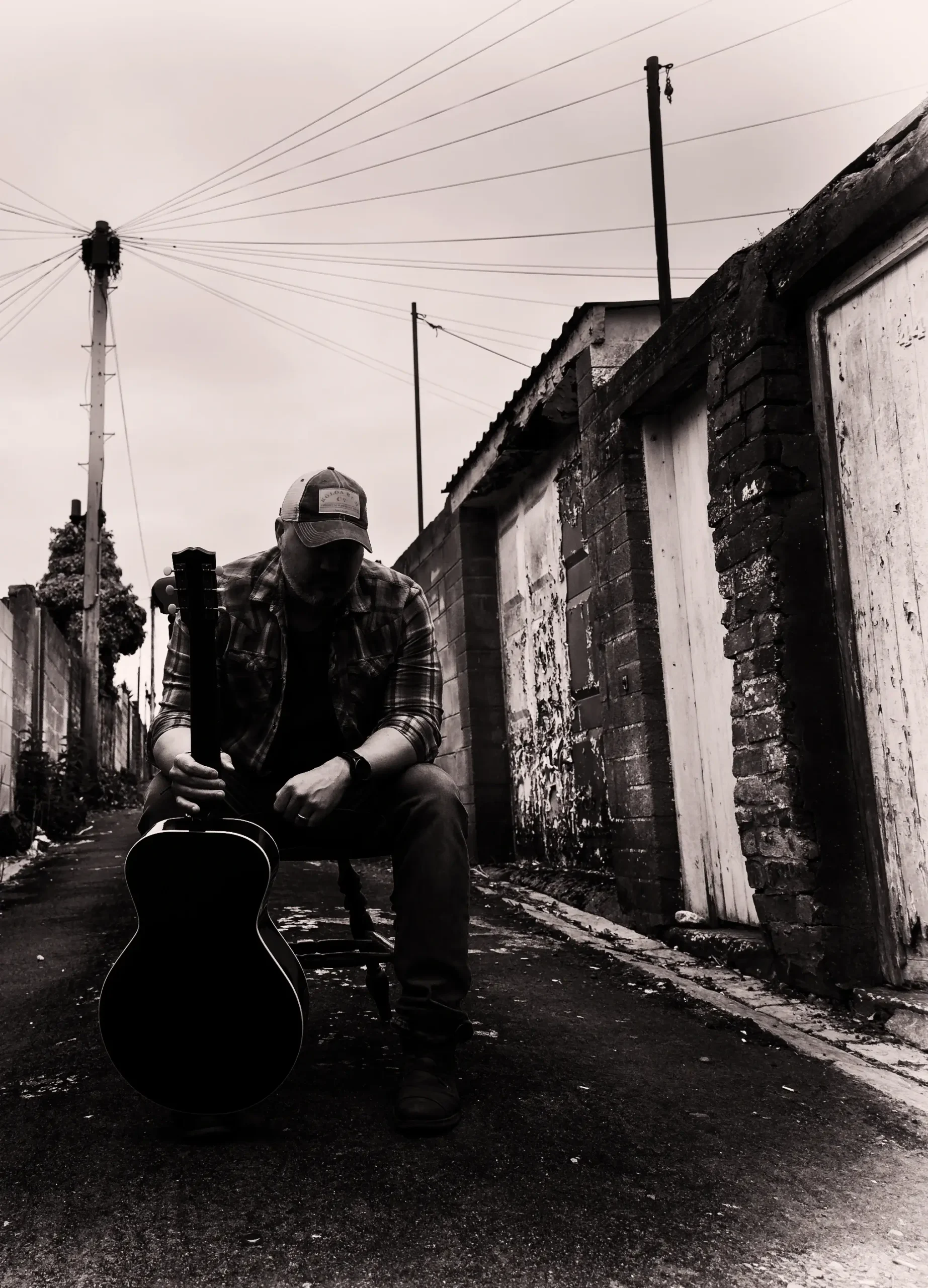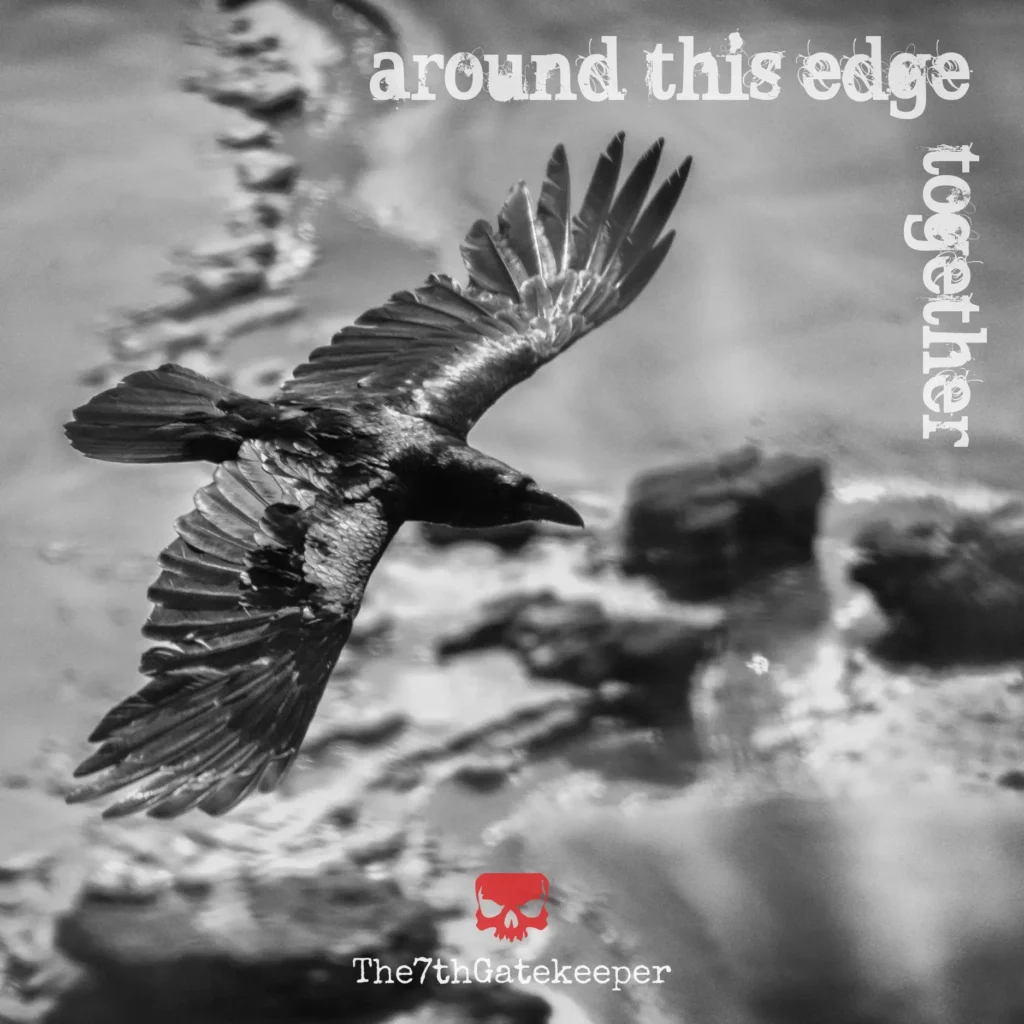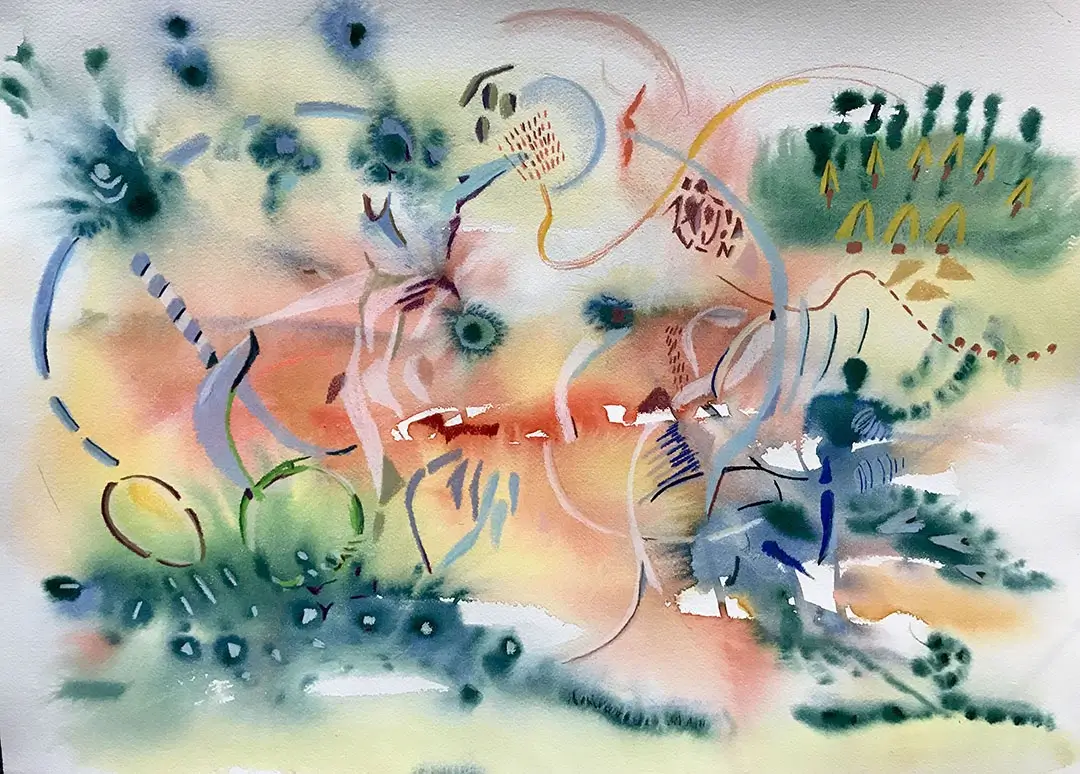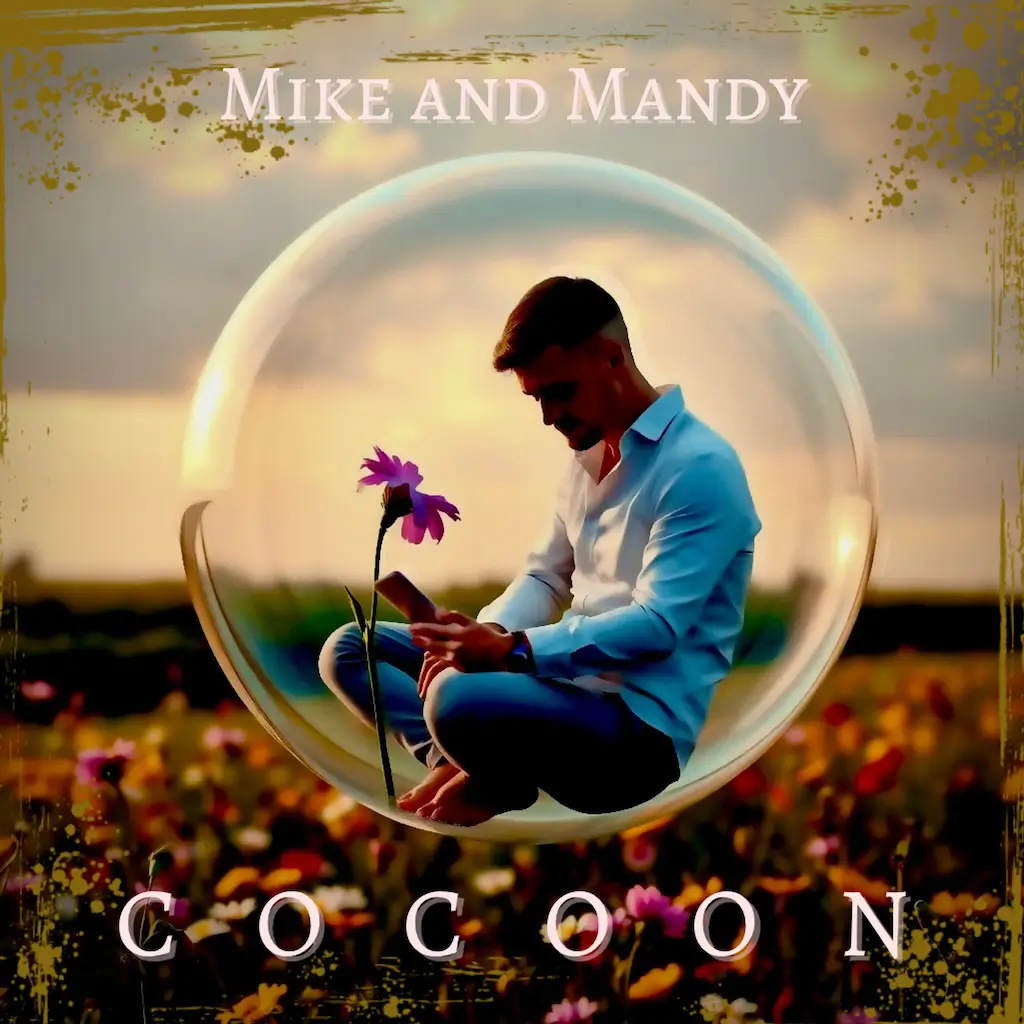There’s a particular magic to DIY albums, by which I mean the kind of magic you get when someone records an entire emotional exorcism inside a room that is, by every reasonable metric, unfit for human occupation. Around This Edge Together is exactly that sort of project: a nine-track odyssey made inside what The7thGatekeeper calls his “home chaos cupboard,” a phrase so perfectly on-brand you want to stitch it onto a flag and fly it above every struggling musician’s apartment. It tells you everything: this is cramped, this is compromised, and this is absolutely the sort of environment where someone would accidentally make their most honest work.
The album’s defining characteristic is its refusal to be sanded, smoothed, compressed, or otherwise bullied into radio-friendly presentability. Throughout Around This Edge Together,The7thGatekeeper doesn’t hide the uneven edges; he appears to cherish them. Many artists claim authenticity; this one simply records whatever existential crisis he’s having that day and calls it a mixdown. And that sincerity is the engine driving these songs, not despite the roughness but because of it.

“Not to Be Taken” opens the project with a surprisingly sharp punch with grimy, grimy guitars that brush right up against Marilyn Manson’s swampier material. It’s an unexpectedly confident first step, the musical equivalent of someone kicking a door open and saying, “Look, I don’t know if this is going to work either, but we’re doing it.” It’s brisk, emotional, and sets the album’s tone: unvarnished but purposeful.
Then comes “5588,” which takes the raw, rattling energy of the opener and asks, “What if Muse’s Drones era had a fever?” It’s jagged, irritated, and clearly intentional. The production may be DIY, but the choices aren’t accidental. The7thGatekeeper understands tension; he knows how to bottle it before throwing it against a wall. “Amulet” gives the record its first breather, though “breather” here means “brief Saliva/Staind-flavored rock fragment that wanders in, makes its point and leaves before you can question it.” It’s a palate cleanser, but one that tells you the album isn’t tied to a single aesthetic. It’s allowed to be both small and dramatic.
Then we get to “The Hoard”; the album’s most fully realized barnburner and the place where the Muse influence stops winking coyly and starts openly screaming from the mezzanine. The song rises and collapses in waves, like it’s trying to evolve into something bigger but keeps tripping over its own ambition. It’s exhilarating to witness the attempt, though, because the intent is so honest. “Baryon II,” meanwhile, arrives sludgy, catchy, and weirdly adjacent to early-2000s nu metal in a way that feels deliberate but not derivative. And then immediately after, “Wrapped” swings in the opposite direction, brushing up against Nine Inch Nails ambience despite being built out of the same DIY toolset as everything before it. These two tracks form a miniature thesis: experimentation isn’t a side quest for The7thGatekeeper, it’s the point.
“Inamorata” is where the record suddenly remembers that acoustic instruments exist. The Jason Isbell influence finally steps out of the wings and clears its throat. It’s a quiet gut punch; simple, delicate, and a necessary exhale after so much density. “The Garden” stitches that same country-folk tenderness into the more theatrical, Muse-tinged palette of earlier tracks. It’s transitional music; the kind that sounds like a long walk back to yourself, which is exactly where the album needs to be heading before its finale.
“(Fear) Wet State,” is a five-minute meditation on holding your own skull together with sheer force of will. It’s dense, measured, atmospheric, and intentionally exhausting in the way a good album closer should be. It doesn’t wrap things up; it leaves you suspended, gnawing on the project’s emotional residue.
And here’s the thing: the entire album sounds like a guy learning in real time how to be a producer while also trying to deal with his feelings, global collapse, personal history, and artistic ambition simultaneously. That could easily be a disaster, but instead, it becomes the album’s identity. Every imperfect mix choice, every rough vocal layer, every moment where the song feels one revision away from snapping in half… it all makes the emotional core more tangible. Around This Edge Together isn’t polished. It isn’t clean. It isn’t even particularly stable. But it is honest; unflinchingly, endearingly honest and that sincerity carries more weight than technical perfection ever could.
Follow The7thGatekeeper
About the Author

A tenured media critic known working as a ghost writer, freelance critic for various publications around the world, the former lead writer of review blogspace Atop The Treehouse and content creator for Manila Bulletin.










